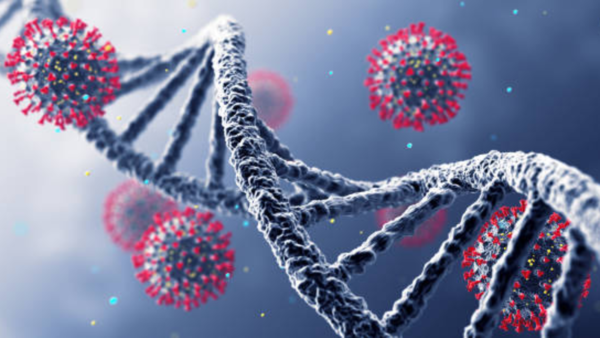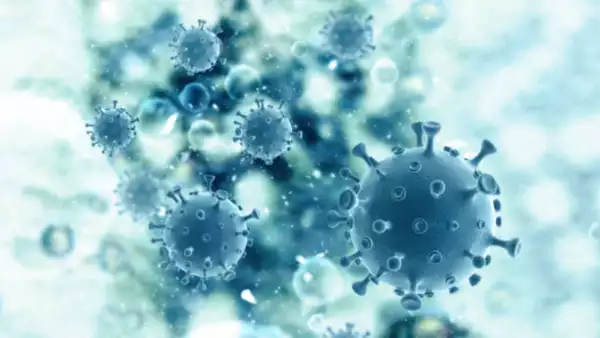As the country is concerned with the emergence of HMPV cases, former AIIMS Chief Dr Randeep Guleria, who played a central role during COVID pandemic, has advised people not to panic.
There is no role of antibiotics in treating the Human Metapneumovirus (HMPV), a respiratory illness currently seeing an uptick in the country, said former AIIMS Director Dr Guleria, on Tuesday asking people to maintain proper hydration, and eat nutritious food.
HMPV is not a novel virus
“HMPV is not novel, it’s an old virus. It has been there for some time. Viruses usually cause mild illness, but in extremes of age, in infants and young children and the elderly or those with comorbidities, it can cause pneumonia, in young and old, which can lead to breathing issues, as well as hospitalisation,” Dr Guleria said in an interview with IANS.
“The virus itself is usually self-limiting, and you just need symptomatic treatment. Take medicine for fever, keep hydration, and have good nutrition,” he added, while asking people to avoid going to crowded places to curb the infection from spreading.

“Treatment is mainly symptomatic. The need is to maintain good hydration, paracetamol, or any medication to decrease the fever and body aches. And if you have any other symptoms like cough and cold, an anti-allergic can be taken to decrease your, allergic symptoms like cold and cough,” said the noted pulmonologist.
“There is no specific antiviral drug which should be taken. There is no role of taking antibiotics because it is a viral infection,” Dr Guleria, Chairman, Institute of Internal Medicine, Respiratory and Sleep Medicine, Medanta Gurugram, noting that infection control is very important.
Discovered in 2001, hMPV is a leading cause of acute respiratory infections, often resembling illnesses caused by respiratory syncytial virus (RSV) or influenza. It spreads through respiratory droplets, direct contact with infected individuals, and contaminated surfaces, with infections peaking in late winter and spring.
Symptoms of hMPV vary in severity but often include cough, runny or congested nose, fever, and fatigue. In more severe cases, especially in infants and older adults, symptoms can escalate to wheezing, shortness of breath, and even pneumonia or bronchiolitis. Children under the age of five, particularly infants, are at higher risk of severe illness due to immature immune systems and waning maternal antibodies. Symptoms typically appear 3–6 days after exposure and may last one to two weeks.

Preventing hMPV involves simple yet effective hygiene practices. Frequent handwashing with soap, avoiding close contact with sick individuals, and regularly disinfecting commonly touched surfaces can significantly reduce the risk of infection. These measures are particularly important during peak seasons. Covering coughs and sneezes and staying home when sick can also help prevent the spread of the virus.


